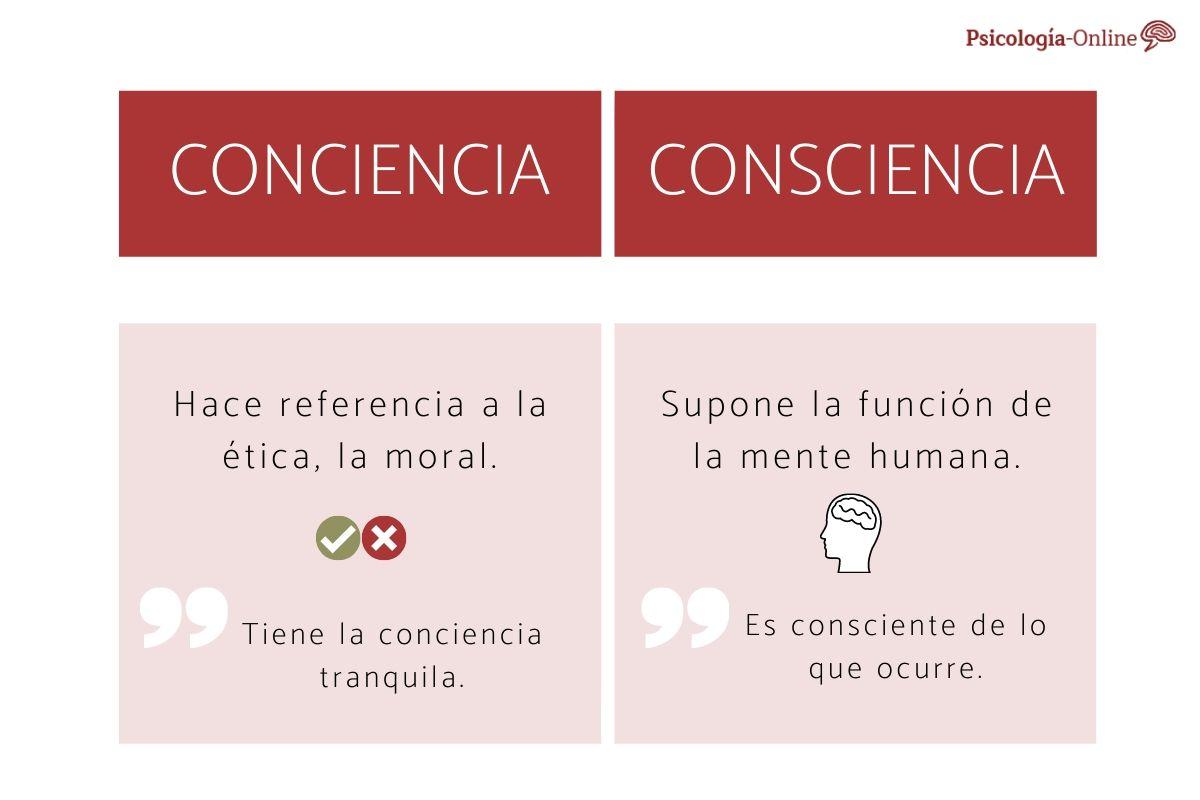
Faith and religion have been constant elements in the history of humanity from its first moments. Where did the sea, day and night or even life come from? What are we and why are we like this? What meaning does our life have? Through different explanations, they sought to provide meaning to the existing reality, forging beliefs that would end up being fixed and transmitted throughout the generations.
Many of these beliefs have been structured in the form of different religions that, although on the one hand they have served for a long time to give hope and meaning to what surrounds us, they have also been used to manipulate and control the behavior of our fellow human beings.
However, beyond the social effect of religions, they are also associated with personal psychological characteristics. For example, it is known that religious people, statistically, are less intelligent and happier than average.
The psychological effects of faith
Religion has traditionally been based on faith, but the explanations of reality it usually adopts tend not to be verifiable through experience.
Many of the precepts that different religions have defended have proven to have a different explanation than that proposed by science. The perception that on many occasions faith has been used as a method of control and manipulation has led to an increasingly reduced number of believers and the role of religiosity in recent times, as a greater number of the population can find information that calls into question religious dogmas.
Whether or not you believe it tends to generate some differences in the way you conceptualize the world and reality. Below we will see a series of differences between religious and non-religious people
Differentiating characteristics between believers and non-believers
A large amount of research has been carried out regarding the differences between religious and non-religious for different purposes and from different perspectives. Some of the results reflected by these investigations are the following.
1. Relationship between level of intelligence and religiosity
Various studies and meta-analyses carried out with different sectors of the population establish that There is an inverse relationship between intellectual performance and religiosity Although these data reflect that generally people with higher IQ tend to be less religious, these data should be analyzed with caution. In fact, the studies carried out do not reflect that said relationship is causal (that is, it is not established that one is more intelligent because one is not religious or vice versa), and the relationship found may be due to different variables.
There are various hypotheses about these results, indicating for example that the presence of A higher intellectual level makes it more possible to discuss and not accept imposed ideas externally, so that orthodox or inflexible positions can be rejected and nonconformist positions can be adopted more easily. Likewise, many people with a higher intellectual level tend to require a more logical and analytical explanation of events. Another hypothesis proposes that high intelligence can also allow us to tolerate uncertainty and offer a framework for action in cases of need, making it less necessary to seek a spiritual explanation.
2. Anxiety level
Other studies show that religious people have a more defined behavioral framework and explanation of reality than facilitates a lower level of vital uncertainty They also express a lower level of concern about making mistakes. These aspects are linked to less activation of the anterior cingulate, part of the brain related to the response to stress and anxiety, in believers compared to non-believers.
3. Survival and well-being in diseases
Religiosity appears to contribute to prolonging survival in cases of serious illnesses, as well as improving the quality of life of people whose disorders are chronic. The least uncertainty and faith of people with religious and spiritual beliefs They cause them to have a greater capacity for resilience by being able to rely on these beliefs in difficult times.
4. Tendency towards tolerance
Non-believers generally tend to be more tolerant with other ways of seeing life different from their own than those who profess a high level of religiosity. Professing a faith means limiting oneself to a specific framework of thought and action that differs from that of others, which in some cases facilitates the birth of fanaticism and discrimination towards others.
5. Subjective well-being
Believers tend to show a higher level of well-being in various studies, partly due to the feeling of belonging which involves sharing something with others, such as faith. However, it must be taken into account that this information may depend largely on the place where the survey is carried out and how the religion in question is viewed socially.








